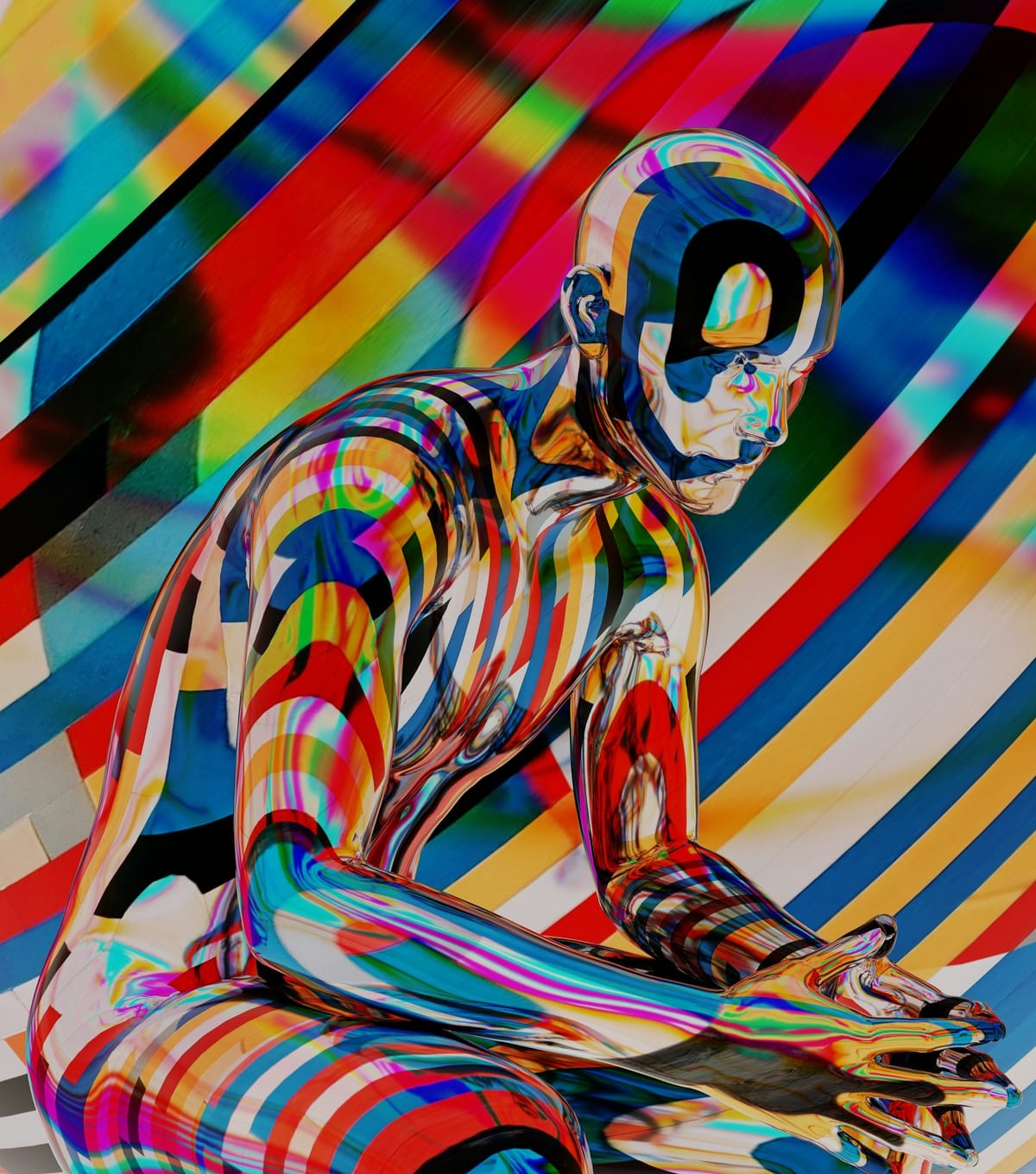Who Owns Your Mind?: The Ethics of AI-Generated Creativity
As AI generates art, code, and content—who gets the credit, and who owns the rights? Explore the ethical debate around AI-powered creativity.

When the Muse Is a Machine
What if your next bestselling novel, viral design, or hit song wasn’t made by a person—but co-written by an algorithm?
With tools like ChatGPT, Midjourney, Sora, and Suno reshaping creative industries, we’re entering an era where machines don’t just assist—they create. But as AI-generated content floods our screens, questions arise: Who owns the output? Who deserves credit? Can machines plagiarize?
The creative line between human and AI is blurring—and the ethical debate is only getting louder.
AI as a Tool… or a Collaborator?
Historically, creators have used tools—brushes, cameras, keyboards. AI, however, goes further: it can ideate, compose, design, and even improvise.
This challenges traditional notions of authorship. If an AI writes 80% of your screenplay, are you still the author? What if it was trained on thousands of scripts—without permission from the original writers?
In legal and creative terms, is AI a brush… or a co-writer?
Copyright in Crisis: Who Owns AI Creations?
Most AI-generated content today exists in a legal gray zone. Copyright law usually protects original human expression, not machine-made work.
In 2023, the U.S. Copyright Office ruled that works created without human input can’t be copyrighted. But what about co-created works? Or AI trained on copyrighted materials?
Creators, platforms, and lawmakers are clashing over ownership. Lawsuits—from artists to authors—are now challenging how AI models are trained and used.
We're watching the collapse of old copyright norms in real time.
The Ethics of Training on Human Creativity
Generative AI models are often trained on massive datasets scraped from the internet—books, articles, code, images, music—all created by someone. Rarely are those creators asked for consent, or compensated.
Is this digital theft disguised as innovation?
Artists argue that their work is being used without credit or payment. Tech firms claim “fair use.” The result: a growing call for data provenance, licensing models, and creative attribution frameworks that respect original human effort.
Conclusion: Creativity in the Age of Algorithms
AI is not just transforming how we create—it’s redefining what it means to create. But until legal systems and ethical norms catch up, we’re left with unsettling questions:
- Is creativity something you can automate?
- Who gets to profit from machine-made art?
- And when AI mimics your style… is it inspiration or theft?
As machines generate more of what once made us uniquely human, the question remains: Who owns your mind?


